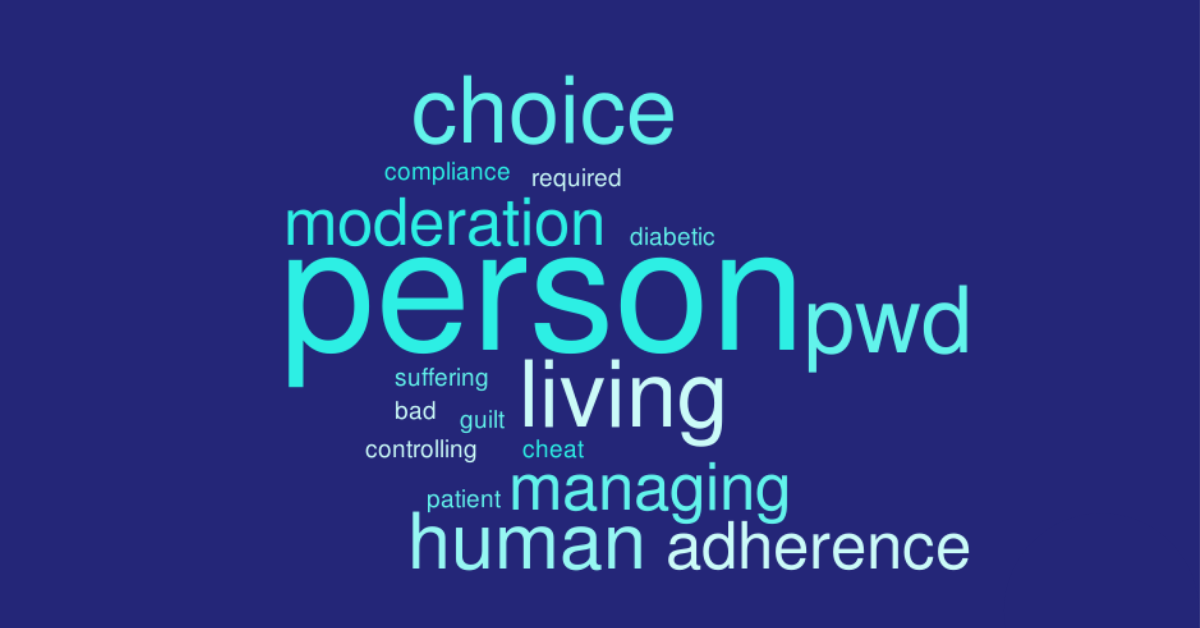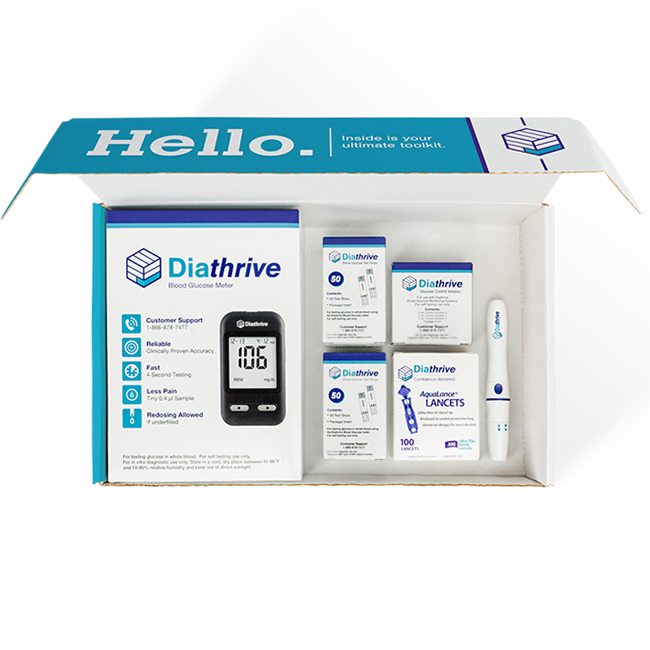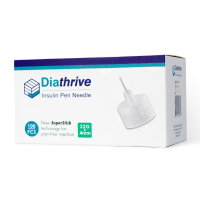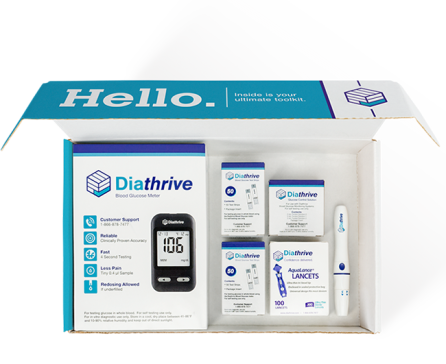
Dr. Beverly Adler, PhD, CDE, explains changes in the way people talk about diabetes, and why #LanguageMatters
Why does language matter in how we see ourselves living with diabetes and how we treat others living with diabetes? This issue has recently become a focus of attention.
How has language changed?
I remember when I was diagnosed with type 1 diabetes (T1D). Back in 1975, it was called “juvenile diabetes.” As I was age 20 and studying in college, I personally resented being called a “juvenile!” I no longer feel insulted since the name change to T1D.
I remember when I wrote guest blogs years ago, my tagline was “I control my diabetes and I don’t let my diabetes control me.” The use of the word “control” has been changed in favor of “manage.” Because as we all know, it’s not really possible to control diabetes (which implies perfection in management), but it is possible to manage.
I remember “testing” my blood glucose years ago. Now we “check,” because testing implies good or bad results and checking is non-judgmental and used for informational purposes.
I hate the word “cheating” in reference to food choices (usually high carb). That word has such a negative connotation. I recommend mindful eating which does not involve any hint of associated guilt. The idea is to choose portion control and enjoy whatever the food choice is.
One of the biggest changes in language is no longer using the word “diabetic.” We are not defined by our illness. It is part of who we are like having blonde hair and blue eyes. Therefore, we now say a “person with diabetes” (PWD). This person-centered language puts the person first.
Why has language changed?
One of the reasons for the changes in the language of diabetes is to eliminate stigma which can contribute to stress and undermine self-care. Stigmatization of diabetes can lead to negative psychological outcomes, as well as poorer clinical outcomes. People are more likely to take care of themselves if they feel good about themselves. Consider using empowering and strengths-based language, replacing “I can’t” with “I don’t” and “I have to” with “I choose to,” for example. Words such as “suffer” put people in the victim role. Instead, we can say “living with diabetes.”
Words can often blame, shame or judge people for having diabetes. A joint paper published by the American Association of Diabetes Educators (AADE) and the American Diabetes Association (ADA) includes recommendations to use “strengths-based language,” which focuses on what people are doing and builds on that, rather than language that focuses on deficits or weaknesses. This language movement in diabetes is meant to create lasting change through messages of strength and hope. It is about focusing on strengths and empowering people with diabetes to feel good about themselves, take care of their bodies, and live well with diabetes.
Let’s ensure that people with diabetes are treated as people first, and use language carefully to engender positive relationships, reduce the stigma experienced, and improve confidence and self-care. We can change the conversation and change how people feel! #LanguageMatters





